Exploring the Versatility of Camera Sensors
Camera sensors are the heart of digital imaging, playing a crucial role in capturing visuals across various devices. From APS CMOS sensors known for their size and efficiency to full frame sensors that boast superior image quality, the range of camera sensors available is extensive. These sensors are integral to devices ranging from full frame DSLR cameras to sophisticated sensor with camera systems used in security and surveillance.
Types and Applications of Camera Sensors
The application of camera sensors spans across numerous fields. Full frame camera sensors, such as those found in Canon full frame cameras or Nikon full frame cameras, are highly sought after in professional photography for their larger size and enhanced light-gathering capabilities. In contrast, APS CMOS sensors are commonly used in consumer electronics where size and power efficiency are more critical. The TOF camera, or time-of-flight camera, utilizes sensor technology to accurately measure distances, which is essential in 3D modeling and advanced driver-assistance systems (ADAS).
Features and Materials of Camera Sensors
The construction of camera sensors involves intricate technology. Materials like silicon are used to create the photodiodes in CMOS cameras, which convert light into electrical signals. Innovations such as the OV7670 camera imager have made it possible to produce high-quality images with compact and energy-efficient designs. These sensors can be paired with various types of camera modules, enhancing their adaptability for different uses, from mobile phones with sony sensor camera phones to high-definition video production with cameras like the Canon C300 Mark III.
Advantages of Advanced Camera Sensors
The evolution of camera sensor technology has led to significant advantages in image quality and functionality. Full frame sensor DSLR cameras provide a shallow depth of field, allowing for stunning bokeh effects, while the high dynamic range of sensors like those in Sony DSLR full frame cameras ensures detailed images even in challenging lighting conditions. Moreover, the integration of camera and sensor technology facilitates features like motion detection, pivotal in security cameras and smart home systems.
Choosing the Right Camera Sensor
Selecting the appropriate camera sensor depends on the intended application. For professional photographers, a full frame camera sensor may be the preferred choice for its image quality and low-light performance. Meanwhile, a depth camera might be more suitable for developers working on augmented reality (AR) applications or gesture control systems. It's essential to consider factors such as sensor size, resolution, and compatibility with other camera components when making a selection.
Conclusion
The array of camera sensors available on Alibaba.com caters to a multitude of industries and purposes. Whether it's for professional photography, security, or cutting-edge technology development, the right camera sensor can significantly enhance the performance and capabilities of your imaging system. By understanding the different types, features, and advantages of these sensors, businesses can make informed purchasing decisions to meet their specific needs.





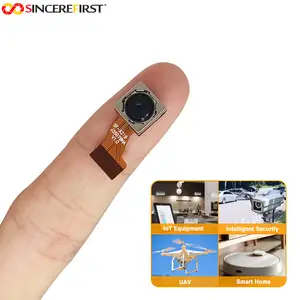
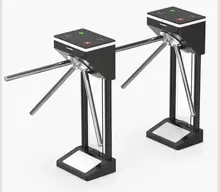
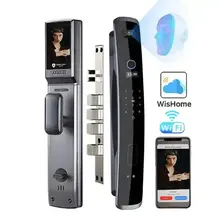


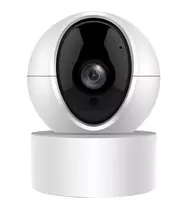



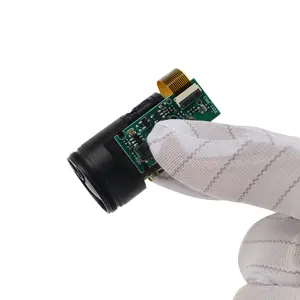


















 浙公网安备 33010002000092号
浙公网安备 33010002000092号 浙B2-20120091-4
浙B2-20120091-4